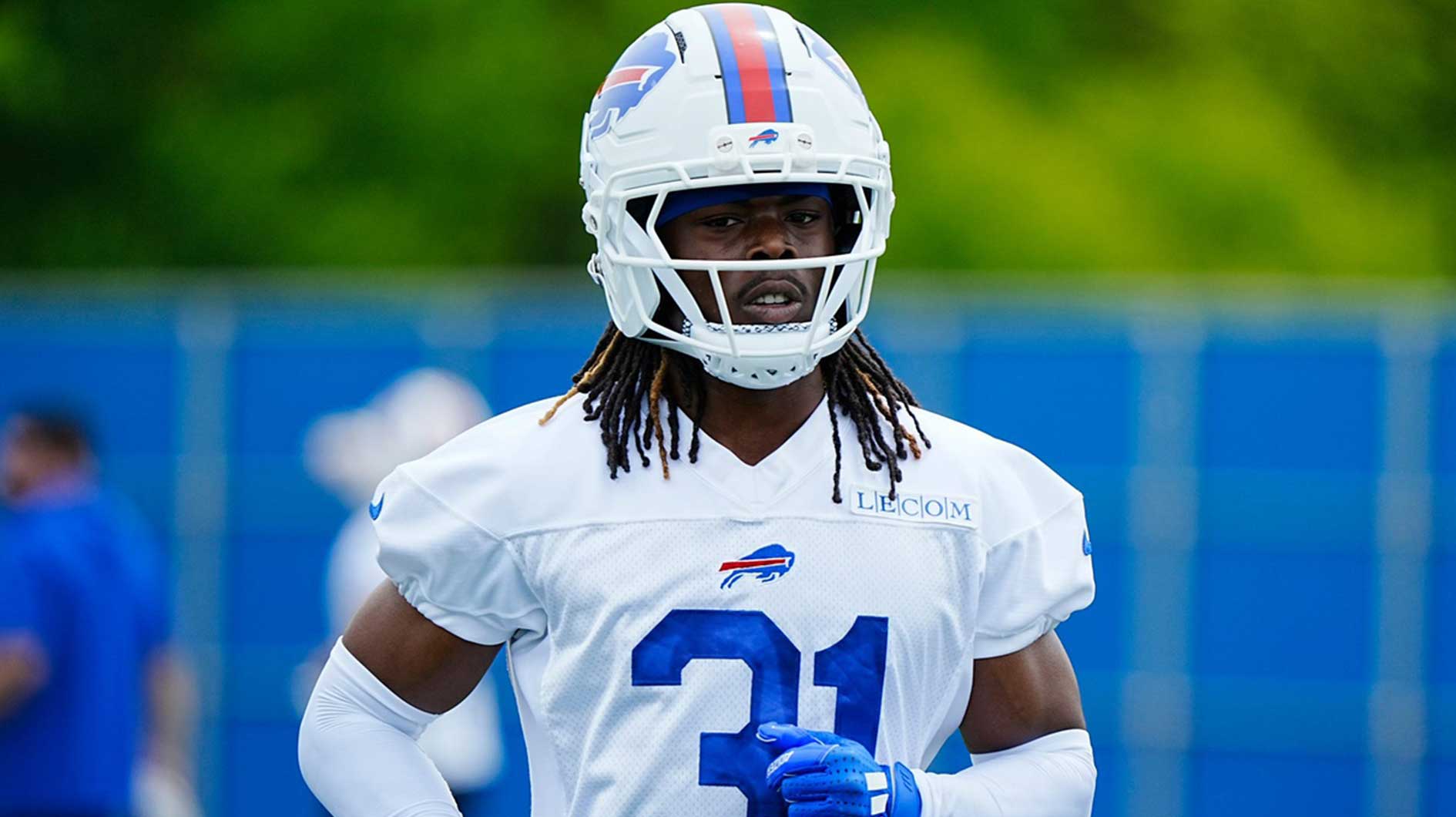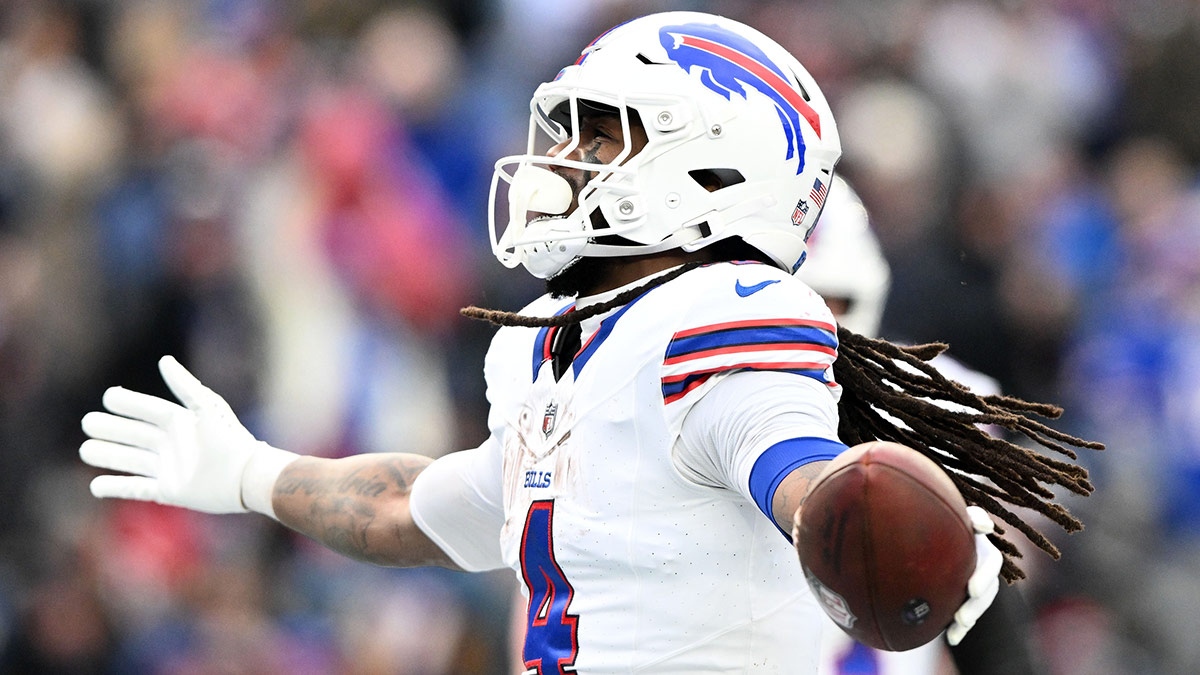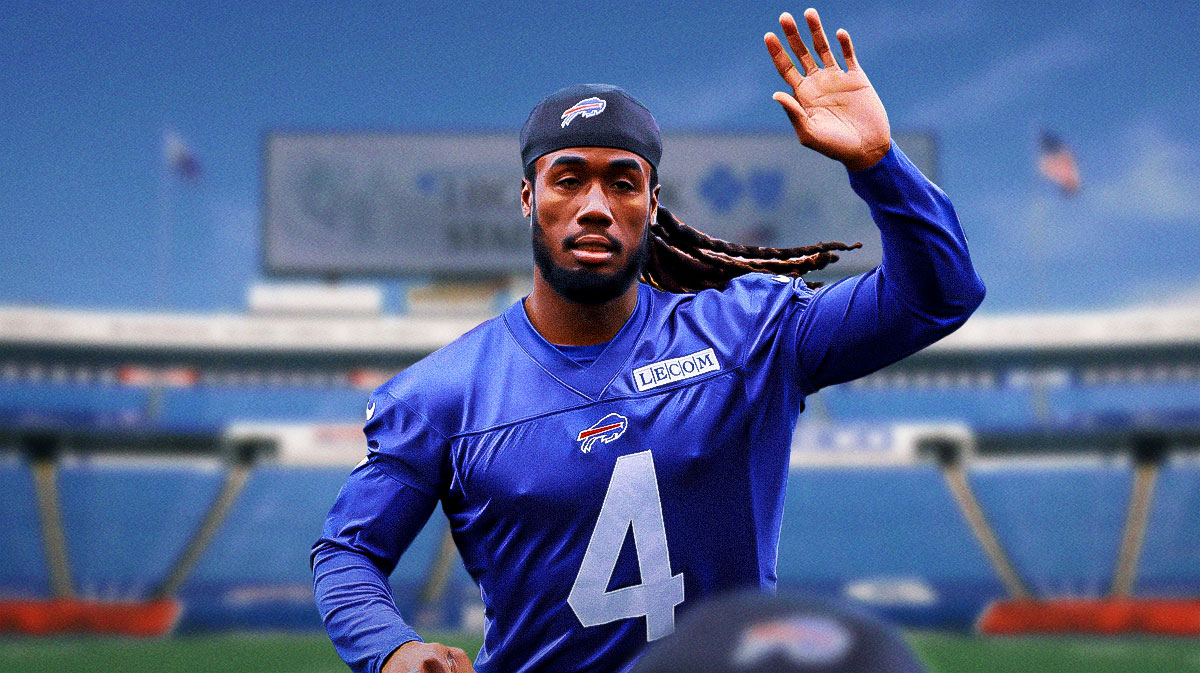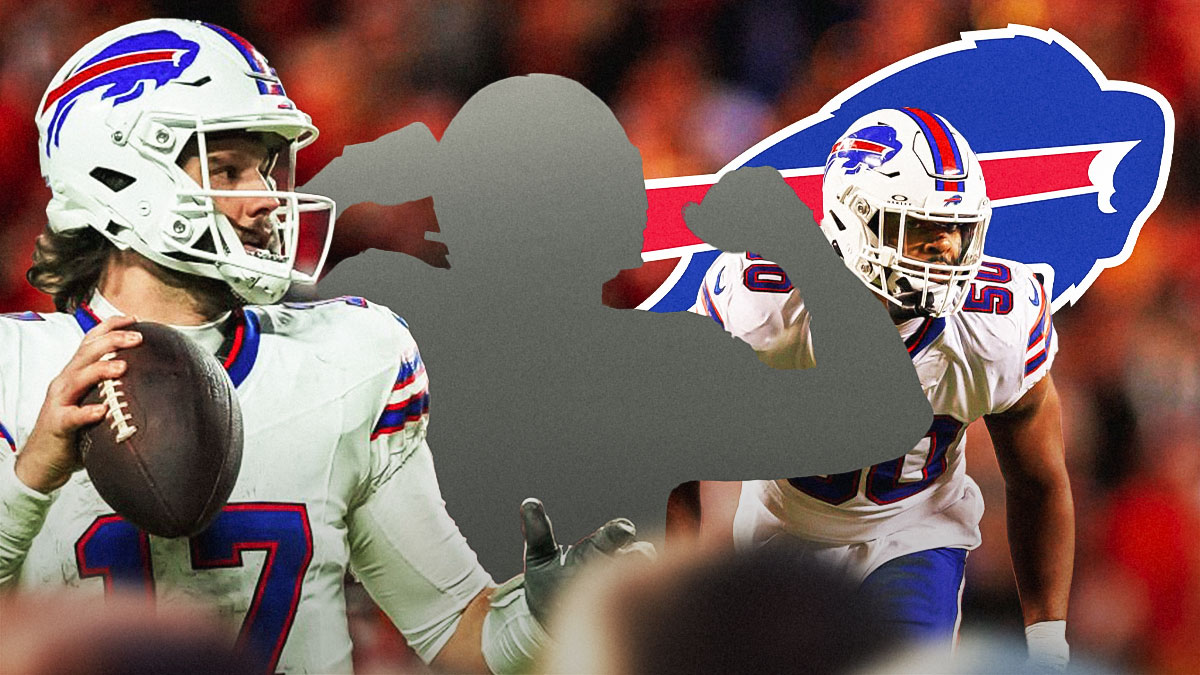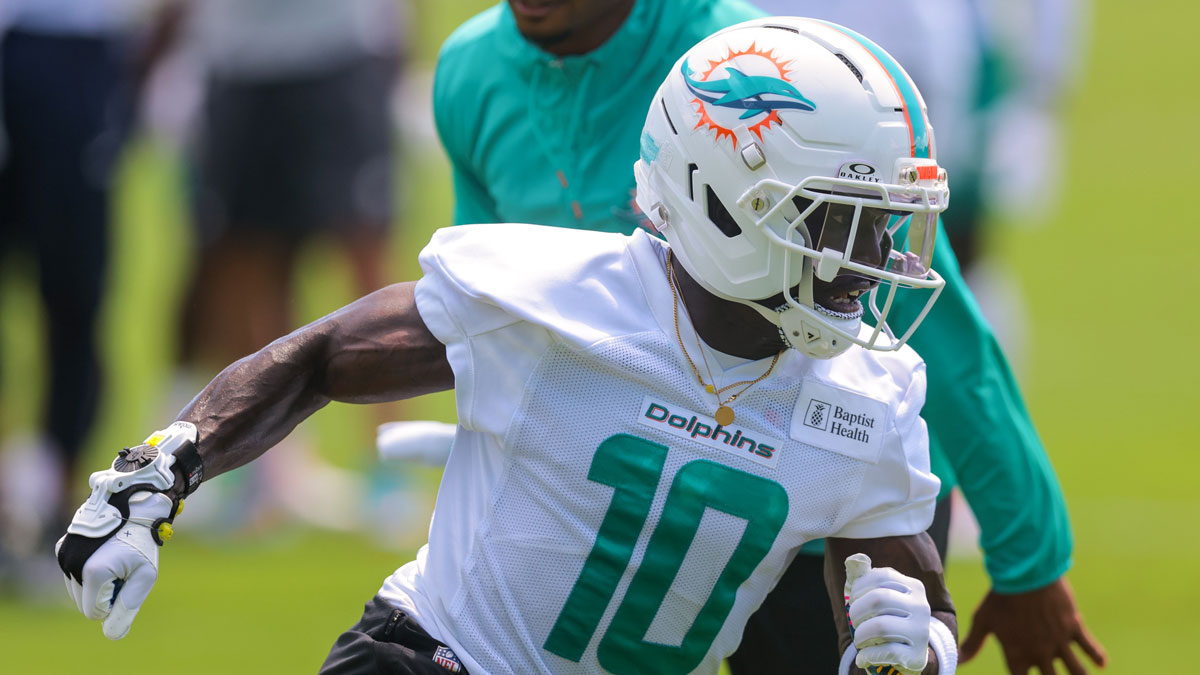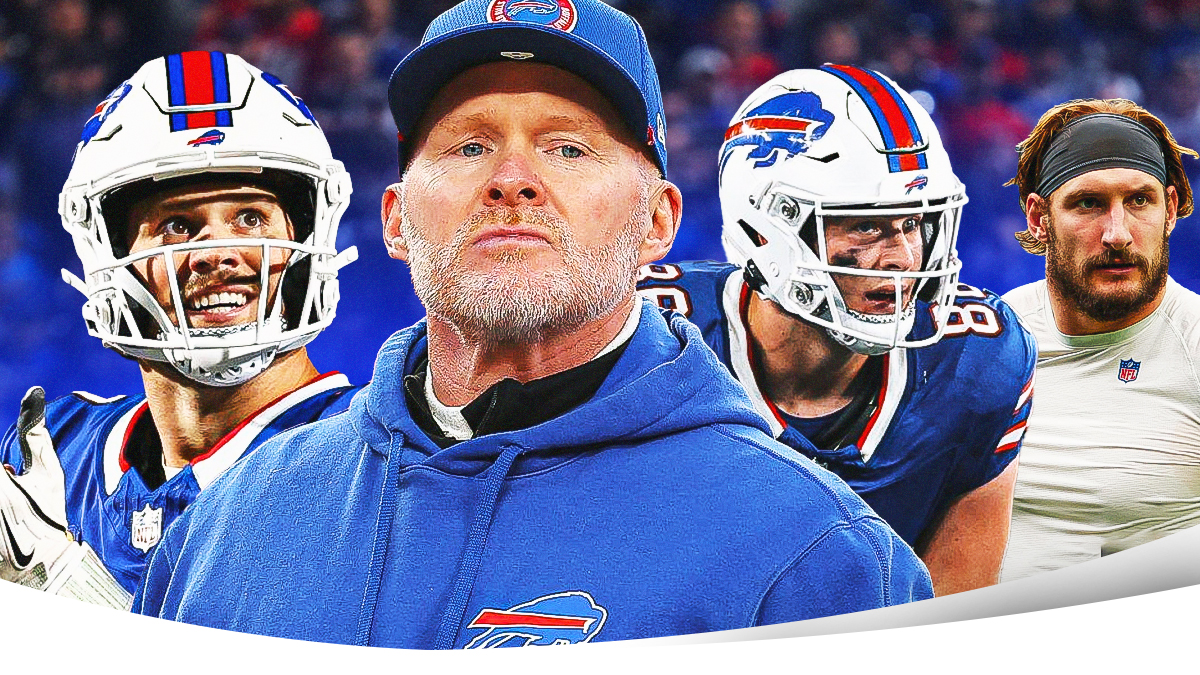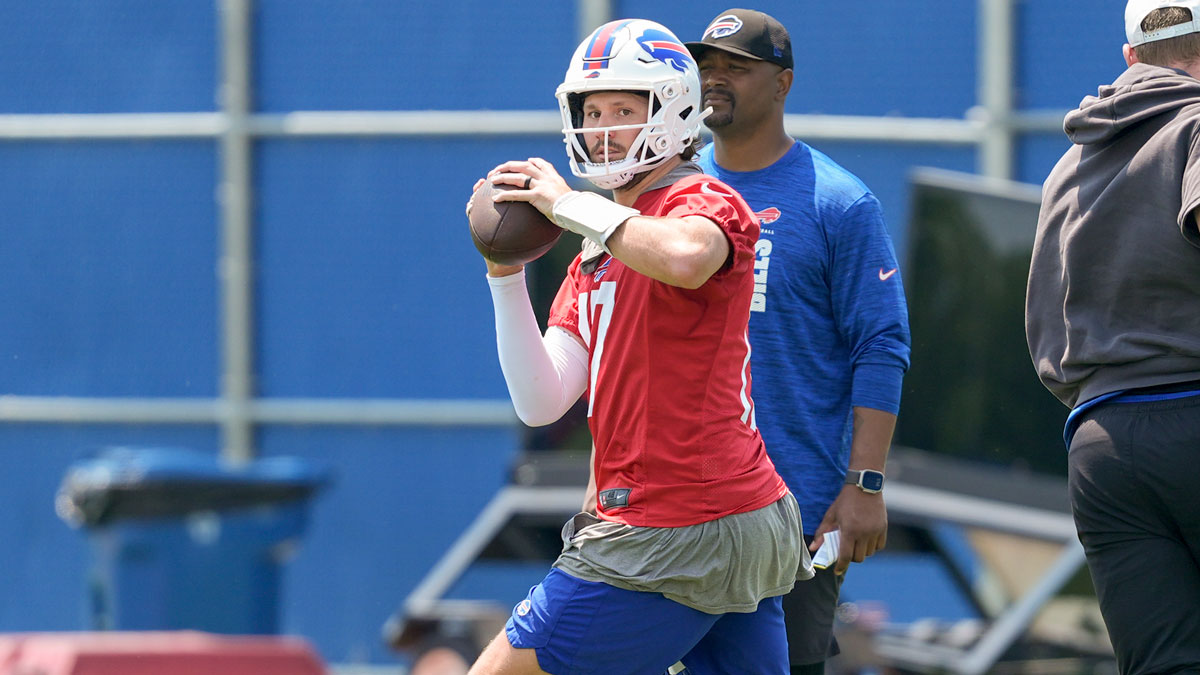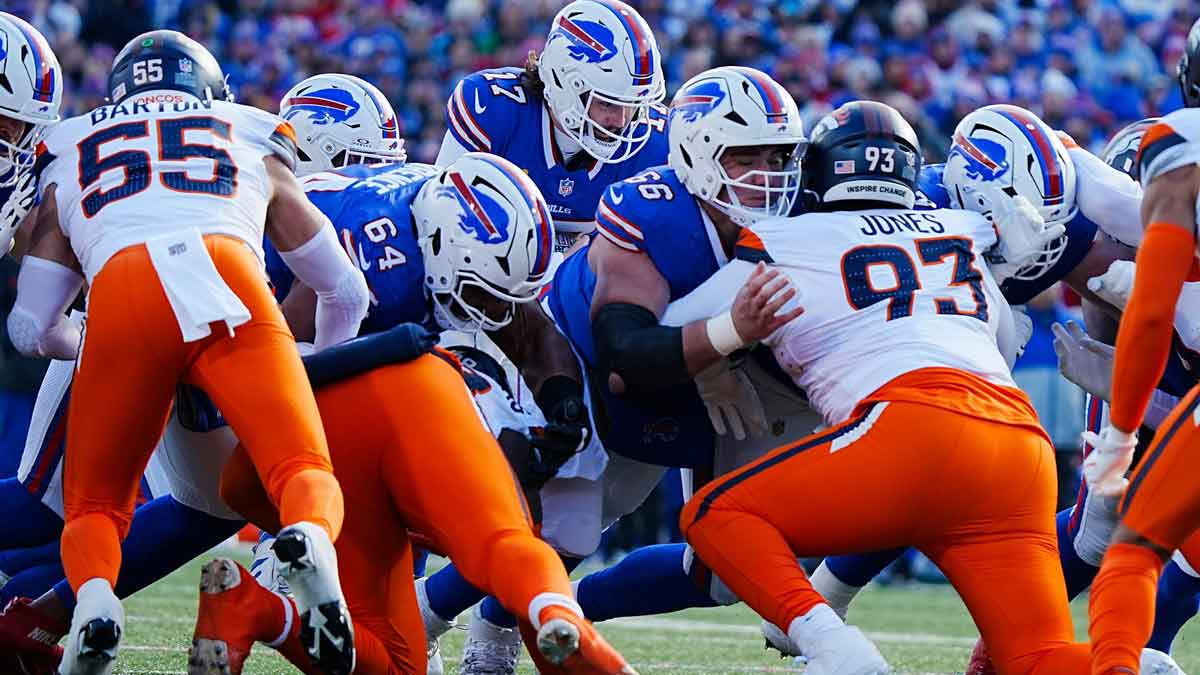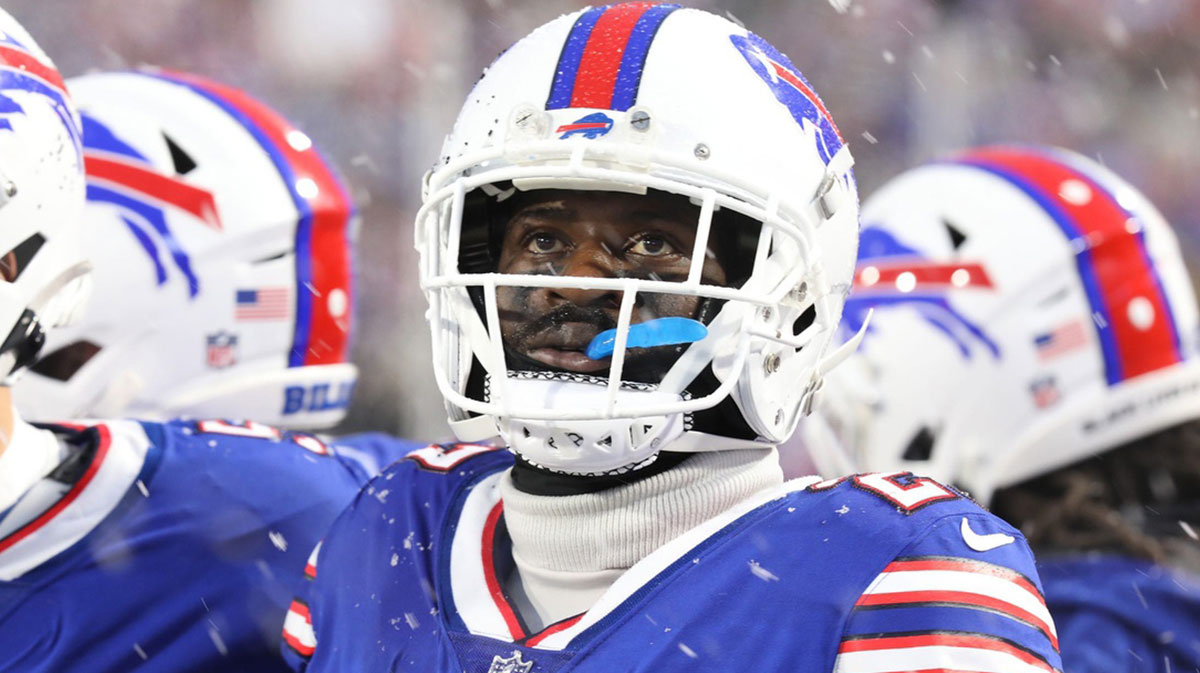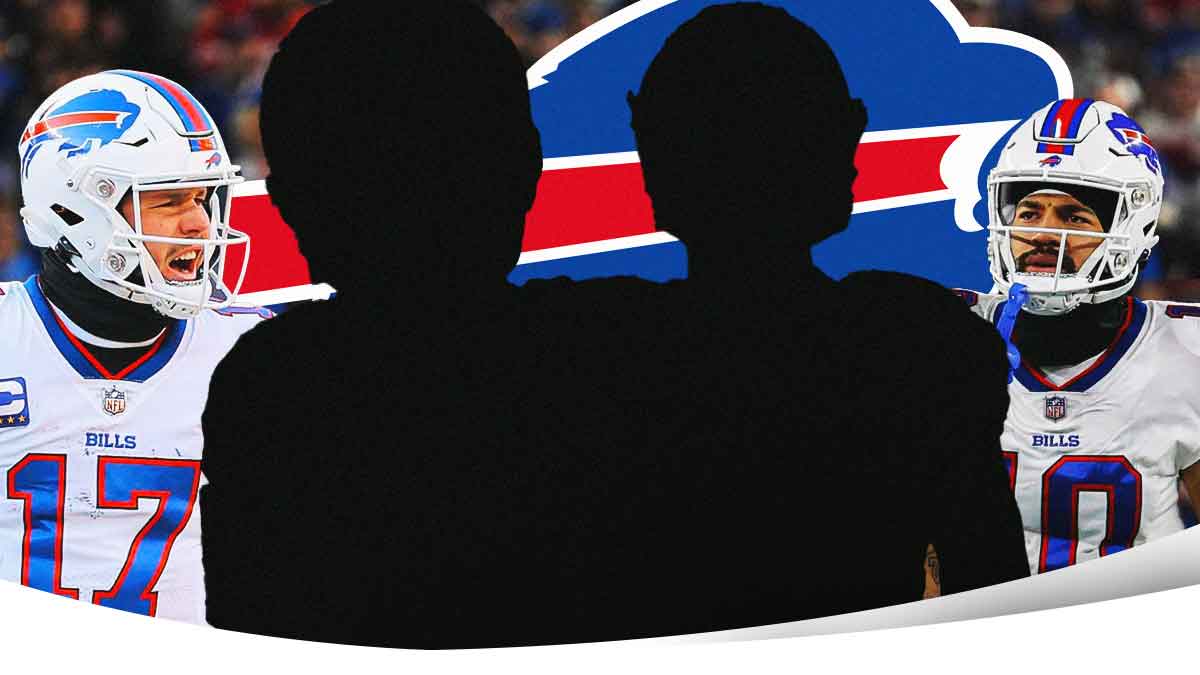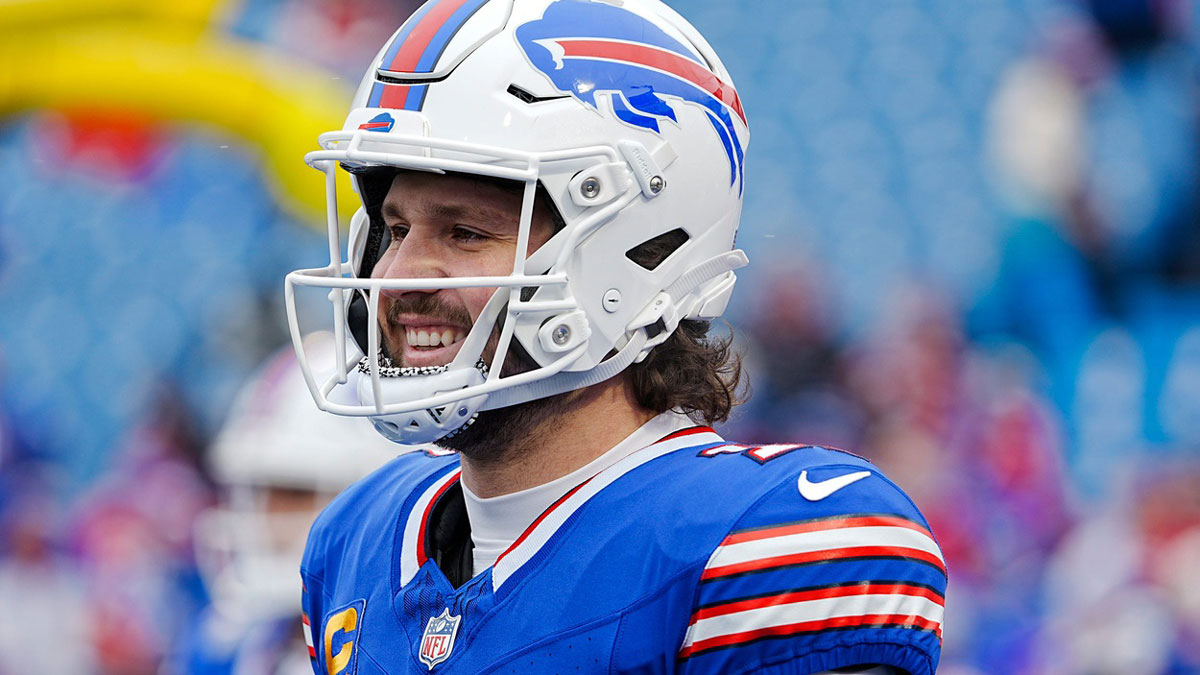The Buffalo Bills recently ended a 17-year playoff drought, and while things have been tough over the past two decades, the team has featured some very good signal-callers throughout its history.
Here are the five best quarterbacks in franchise history.
5. Ryan Fitzpatrick
The definition of a journeyman, Fitzpatrick has played for 25 percent of the NFL since being a seventh-round pick by the St. Louis Rams in 2005. After starting 12 games for the Cincinnati Bengals in 2008 (due to an injury to starter Carson Palmer), Fitzpatrick signed with the Bills for $7.4 million over three years.
Over his four seasons in Buffalo, Fitzpatrick started 53 games, going 20-33, and throwing for 11,654 yards, 808 touchdowns, and 64 interceptions, while adding 822 yards and two scores on the ground. The Harvard graduate hasn't stuck around any one place for very long (his stint with Buffalo is twice as long as any other stop he's made), but is well-respected around the league.
4. Doug Flutie
At 5-9 175 pounds, Flutie is one of the smallest QBs in NFL history, and after spending four seasons with the Chicago Bears and New England Patriots (mostly as a backup), Flutie played seven years in the CFL before returning to the NFL in 1998 with the Bills. He started only 10 games that season, but had a 7-3 record and made the Pro Bowl. In three years with Buffalo, Flutie went 21-9, with 7,582 passing yards, 47 TDs, and 30 picks.
Flutie spent the rest of his career with the San Diego Chargers and New England Patriots, retiring after the 2005 season. The QB archetype is still a 6-4 pocket passer, but Flutie showed that you don't have to have great size to be a good player. Since then, players such as Drew Brees, Russell Wilson, Baker Mayfield, and Kyler Murray have followed in Flutie's footsteps as quality signal-callers who stand 6-0 or less.
3. Jack Kemp
Kemp is best known for his political career, serving in the House of Representatives, as Secretary of Housing and Urban Development, and as Bob Dole's running mate in the 1996 presidential election. However, he was a pretty good football player too. Originally a 17th-round pick by the Detroit Lions in 1957, Kemp saw his first NFL action with the Pittsburgh Steelers, but was out of the league until 1960. During this time off, he served in the United States Army Reserve, and played in the CFL.
He was signed by the Los Angeles Chargers in 1960, and led the team to a 9-3 record while being named an All-Pro. He again played well in 1961, but two games into the 1962 season, he was waived due to injury, and claimed by the Bills. He spent a total of six-plus years with Buffalo, going 43-31-3, throwing for 15,134 yards, 77 touchdowns, and 132 interceptions. He made six Pro Bowls and an All-Pro team, leading the team to two AFL Championships and a Super Bowl appearance.
2. Joe Ferguson
Ferguson was a third-round selection in 1973, and started for the next 12 seasons. The Bills were far from a pass-happy offense (the same went for most of the league in the 1970s), but Ferguson was able to put up some solid numbers nonetheless. He threw 20 or more touchdowns four times, including the 1975 campaign where he tied for the league lead with 25. He led the NFL in passing yards in 1977 with 2,803, and threw a career-high 26 scores in 1983.
As a Bill, Ferguson went 77-86, throwing for 27,590 yards, 181 touchdowns, and 190 interceptions. He ranks second in team history in nearly every passing stat, but still holds the mark for career starts at 163. His final season with the team was 1984, and Buffalo was without a franchise QB for only one year, before the final player on this list showed up.
1. Jim Kelly
Kelly was the 14th overall pick in 1986 and played two seasons in the USFL before joining the Bills. In 11 seasons, he led Buffalo to the playoffs eight times, and to four straight Super Bowls, the only time in NFL history that feat has been accomplished, although the Bills were unable to win it all. Kelly went 101-59 as a starter, totaling 35,467 passing yards, 237 scores, and 175 picks.
He made five Pro Bowls and one All-Pro team, and was inducted into the Pro Football Hall of Fame in 2002. And yet, as good a player as Kelly was, he is an even better person. His post-football life has been marked by strategy and struggles, including multiple cancer diagnoses, and the tragic death of his son, Hunter, at the age of eight.
Kelly is a football legend for all the right reasons.



